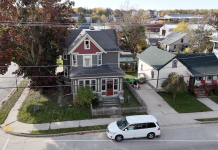West Bend, WI – For over 15 years, Dave Bohn wrote down memories of his childhood, growing up on the family farm, just south of West Bend on Hwy P. He hopes his writings will preserve the often-overlooked stories of ordinary farmers and everyday farm life in rural Washington County during the Great Depression through the eyes of a local farm boy.
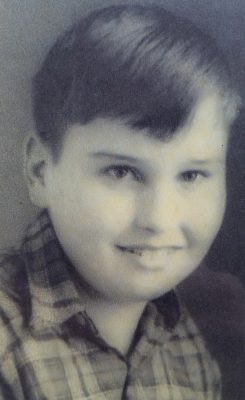
The 1930’s were the Great Depression years for the country. At that time, not many people had much money, if any, as there were few jobs to be had. Many people, especially families, had a hard time feeding and clothing their children.
While there were some New Deal programs that helped feed people, it wasn’t the best food as it probably wasn’t very fresh. Some people would get desperate and turn their kids out for adoption. This was not uncommon at that time. Those were the years I went to a one-room rural schoolhouse called Rusco School where I knew of a few of those kids.
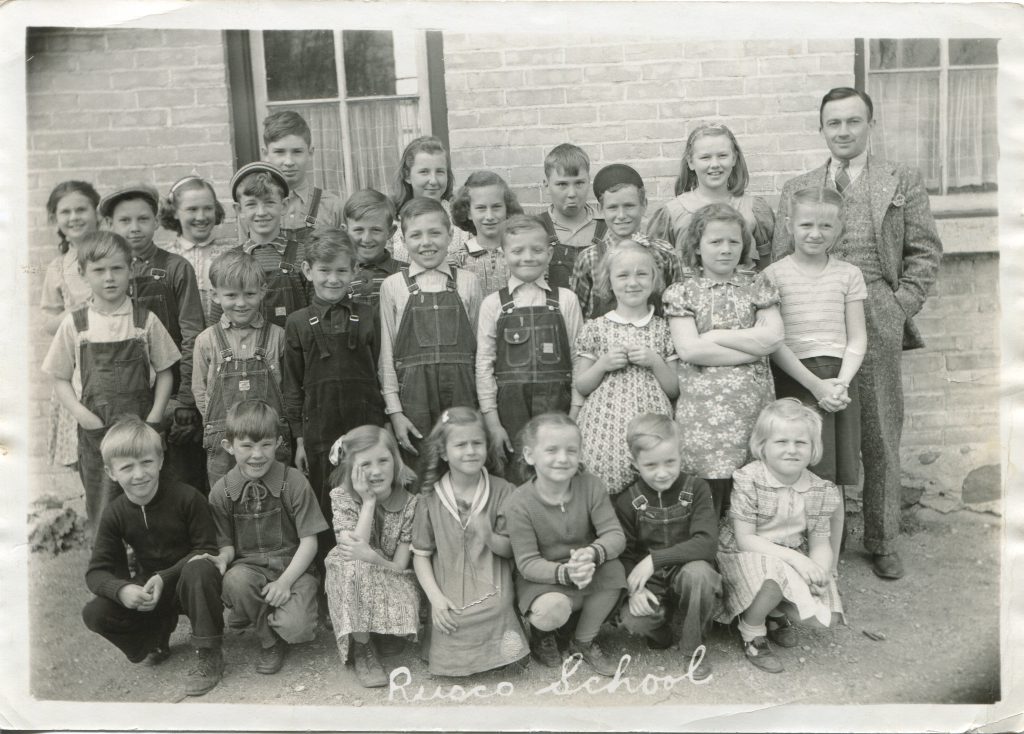
Class photo Rusco School 1939-1940
Front Row: Robert Hosp, Jerry Bohn, Camilla Schloemer, Betty Sonnenberg, Barbara, Theodore Hosp, Carol Anderson 2nd Row: Billy Anderson, Joe Kahlscheuer, Gerald Sonnenberg, Glenn Peters, Willard Peters, Betty Lou Weber, Audrey Peters, Beverly 3rd Row: Earl Ollinger, Walter Schloemer, John Thoma, Delores Sonnenberg, Gordon Sonnenberg Back Row: Angela Anderson, Mary Ann Bohn, Tom Bohn, Betty Thoma, Dave Bohn, Betty Anderson, Teacher, Vincent Wenninger
One of our neighbors took in two young girls from an adoption agency, I think. Beverly and Barbara were their names. I don’t remember what their last name was, but I do remember how these two young girls reacted to being a pawn of life. They seemed to me to be frightened and alone.
They were sisters that I heard were from an orphan home and came to live in a strange home and surroundings on Hwy P just north of Rusco Road. They were at a bad age to have that happen to them, as they were only around six to nine years old at the time.
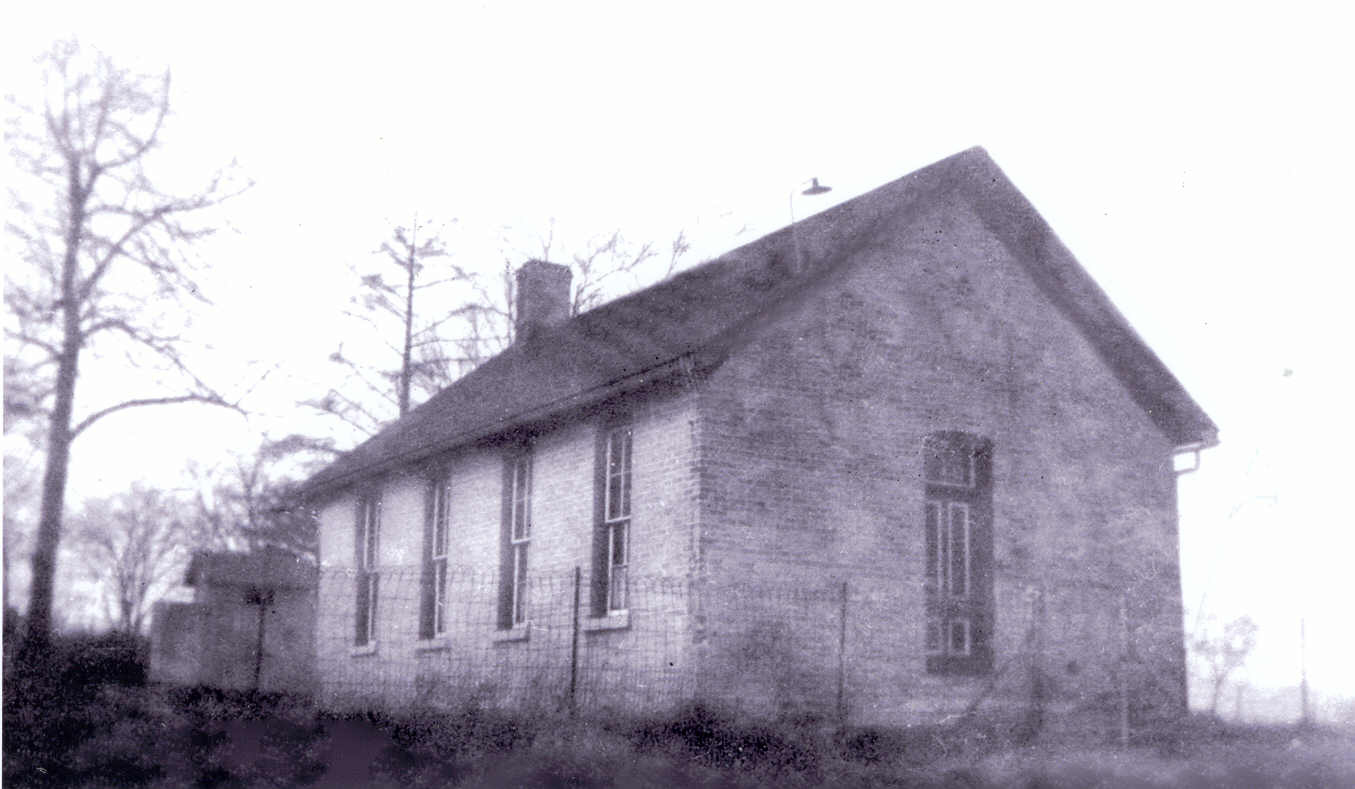
They went to Rusco School the same time I did but I was in 6th grade when they were in 1st and 2nd grades, so I never really got to know them.
I don’t know exactly where they came from or what happened to their family. They were both shy, not very outspoken, and kept to themselves. How long they had been in the orphanage or what their story was, I don’t know. It was probably not good. But at this time, there were more stories like theirs, I’m sure.
The people who took them in were an older couple. They were just renting a place near our farm. They were not there very long, maybe two years. They didn’t have a lot of money, but they seemed to treat the two girls right. A lot of people at that time took in children to have an extra work hand, but these people were not like that.
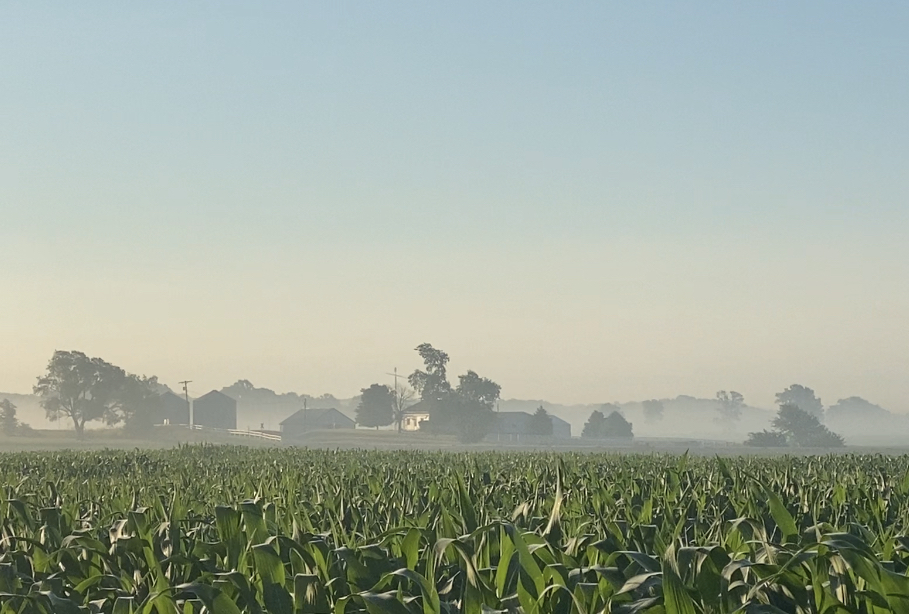
We never heard what happened to these girls, but even as a kid, I had feelings for them. We knew that orphan homes at that time were not the best place to be in and, many times, people would get orphans just to have them work for their room and board. For many orphans, it just wasn’t a good situation any way you looked at it.
I knew my brothers and sister and I always had a good home life which many children at that time did not have.
I met another kid from these times who would become a good friend of mine. His name was Kenny. When I was in grade school, I got to know him pretty well because he lived near my cousins. His story started when he was put in an orphan home. He didn’t know who his parents were or anything about them. He was adopted by an older couple living on a farm in Ackerville, south of Slinger, to help with the work around the farm. I don’t know how old he was when he arrived.
Click HERE for another story by Dave Bohn – Chickens made good
nest eggs during the Great Depression
Mom and Dad knew the couple who took him in and used to play cards with them. They didn’t have any children of their own. The reason this couple took Kenny in was to have help on the farm, but they were really good people and wanted to help him out as well. The same couple also took in another boy who was a few years older than my friend Kenny. Kenny had no problem with his host family as some orphans did.
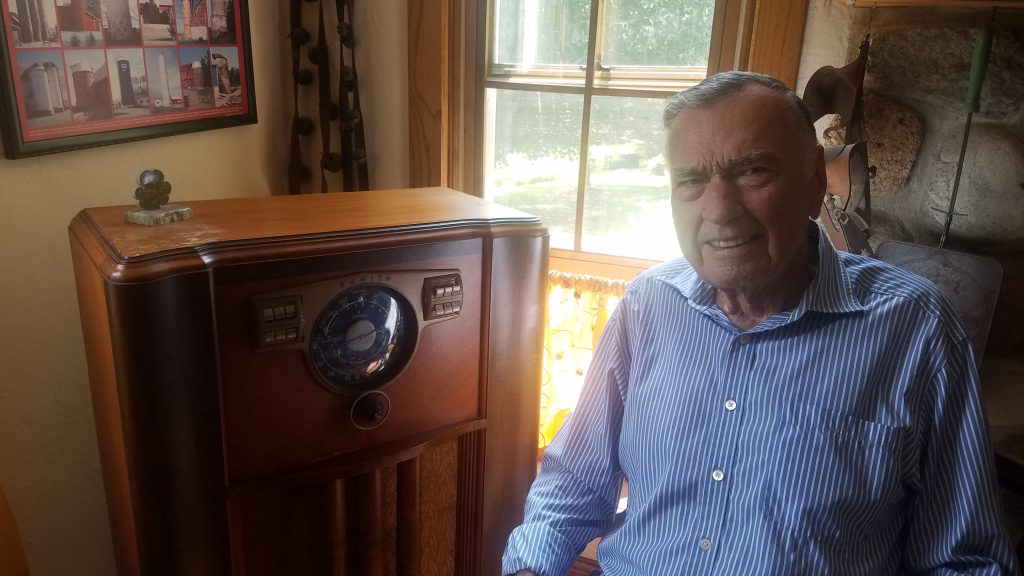
Before I was drafted into the U.S. Army in 1951, I went out quite often with Kenny and my cousins. We bowled together on a team in Slinger, so that’s how I got to know Kenny well. He got married while I was gone in the military, and we didn’t see too much of each other after that. Occasionally, I would run into him over the years, and we’d talk about old times. Kenny is gone now, but I still think of him and how he got his start in life.
No matter how things turned out for them, orphans during the Great Depression had a tough start to life. I am grateful I was able to grow up with my family on our farm as, at that time, many kids did not have their own family to turn to and enjoy their life with. I am still thankful I had mine.






